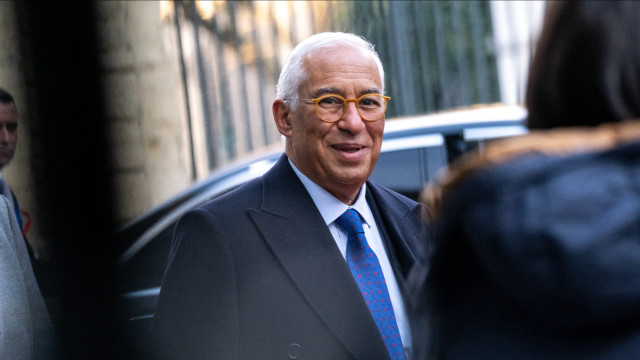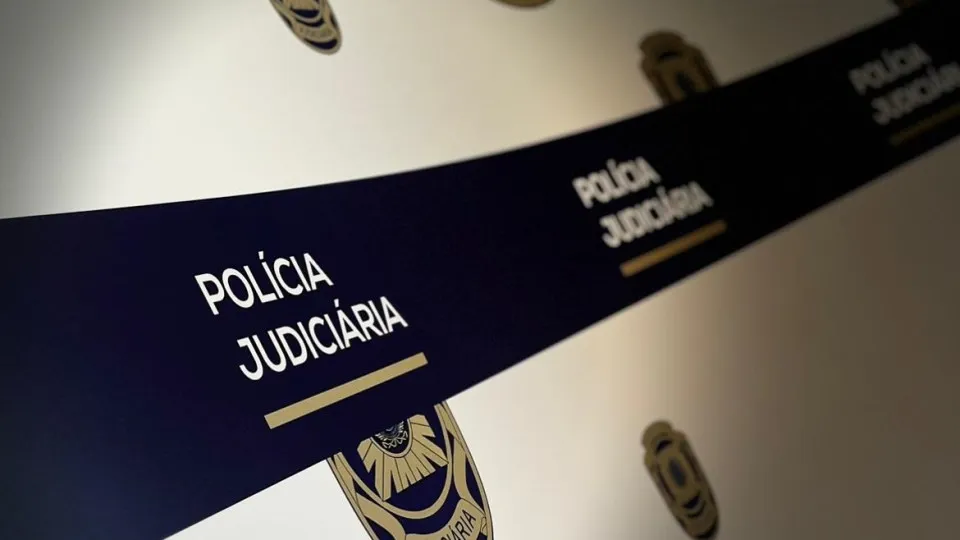Rui Rio, the former PSD president and main opposition leader during António Costa’s tenure as Prime Minister, expressed on Friday night his skepticism about the current or any future government’s ability to implement judicial reform.
“It’s not just that I don’t believe in this government. I don’t believe in this one, nor would I believe in another. I don’t think there’s political courage, given the circumstances we live in, to accomplish this,” Rui Rio stated in an interview with SIC Notícias.
His comments followed the disclosure yesterday that António Costa had been indirectly recorded in 22 wiretaps by the Procuradoria-Geral da República (PGR), without the knowledge or consent of the Supreme Court of Justice (STJ).
The PGR admitted on Friday that, “for technical reasons,” these recordings were omitted, acknowledging the existence of only seven.
Rio, a staunch advocate for judicial reform, criticized the Justice Minister, who earlier had asked the public to trust state institutions.
“The Justice Minister saying what she said is equivalent to Dr. António Costa’s earlier remark: ‘to justice what is justice’s, to politics what is politics’. These clichés mean we don’t want to say anything, do anything, and want things to remain the same,” he asserted.
Rio described the situation as “more than an illegality”: “A crime was committed,” and it is “very serious.”
“For five years, the Public Prosecutor’s Office (MP) knew and did nothing […] and kept those recordings without informing the STJ president,” he emphasized.
Paragraph that toppled Government? “Very likely…”
Rui Rio suggested that the paragraph leading to António Costa’s resignation as Prime Minister could have been based on these allegedly illegal wiretaps.
“Worse still: that paragraph which brought down the government – causing the Prime Minister to resign, and we now realize that very likely it was based on prohibited wiretaps,” he stated.
“I ask, who will investigate the prosecutors, or prosecutor, who committed this crime?” he questioned. “And if someone does, will it be an inquiry conducted like all others, or with a collective touch to try to hide something?”
When asked about the explanations provided by the PGR, Rui Rio expressed skepticism.
“To be honest, the MP can give whatever explanations they like; what’s necessary is for us to have reasons to believe them,” he stressed. “Considering everything that has transpired over recent years in Portugal, I find it very hard to trust the MP,” he admitted.

At least seven recordings involving António Costa were not disclosed to the Supreme Court of Justice due to “technical reasons.” The situation has sparked outrage and demands for clarification from various political figures.
Carolina Pereira Soares | 19:02 – 21/11/2025




